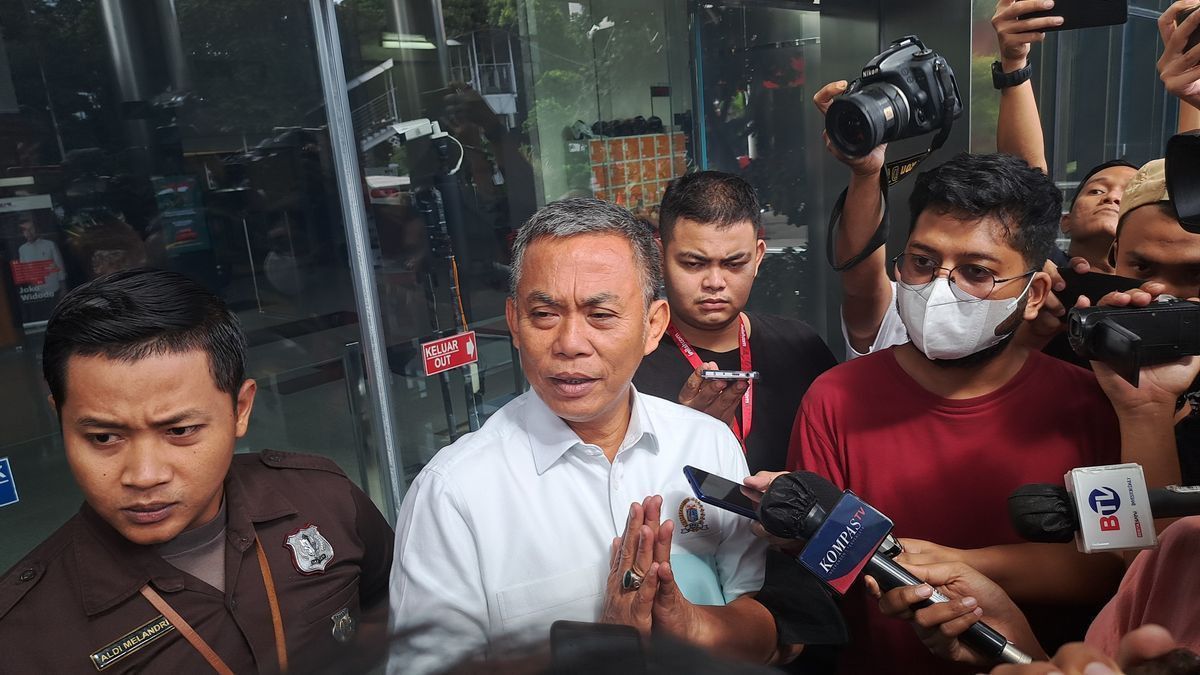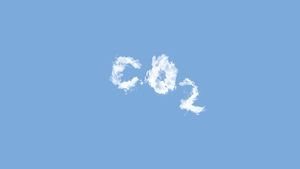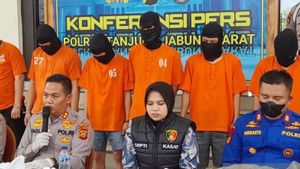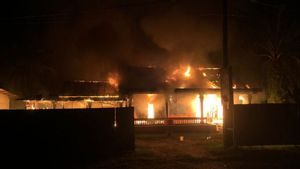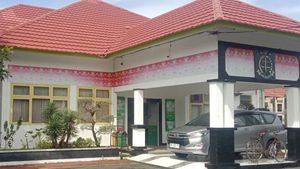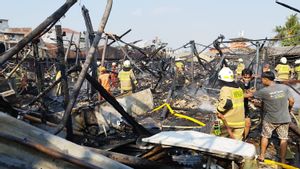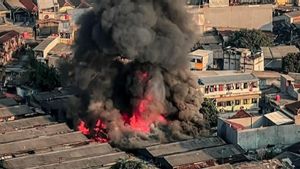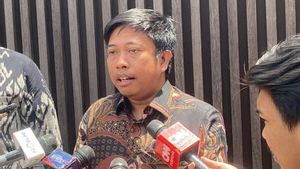Chairman of the DKI Jakarta DPRD, Prasetyo Edi Marsudi, asked the DKI Jakarta Provincial Government to allocate a budget for incentives for field officers such as the ranks of the Transportation Service and the DKI Jakarta Satpol PP.
The incentives in question include increasing the intake of food, vitamins, and medicines. Prasetyo said that this incentive was given to maintain the health of officers from Jakarta's high air conditions.
"It is hoped that it can be used to increase endurance so that our officers remain excellent. Yes, we must try to prevent it," Prasetyo said in his statement, Sunday, August 13.
This PDIP politician said that officers who work in public spaces every day need an increase in immunity because they have the potential to experience respiratory tract problems.
"It can be healthy now, but in the long term exposure to air pollution can make him sick. This is what we want to propose in the 2024 APBD," he said.
Jakarta is often one of the largest cities with the highest pollutants in the world. Based on the results of a 2020 study, the activity sector that causes Jakarta's air pollution is motorized vehicles that contribute 44 percent.
Then, 31 percent of pollution is contributed from the industry, 14 percent of housing, 10 percent of the manufacturing energy industry, and 1 percent of commercial activities.
Meanwhile, the sources of fuel emissions used in Jakarta are coal 0.42 percent, oil 49 percent, and gas 51 percent.
Previously, the Meteorology, Climatology and Geophysics Agency (BMKG) explained that the cause of the air in Jakarta's sky seemed cloudy due to air pollution which is currently being questioned.
Acting Deputy for Climatology of BMKG, Ardhasena Sopaheliwakan explained that the daily cycle affects the level of air pollution in Jakarta.
The conditions in big cities like Jakarta, according to him, are more visible every dry dry dry dry dry dry dry season. Ardhasena explained, the cycle of air quality like this has been going on for a long time.
"It should be observed that the condition of air quality has a daily cycle. When it is released at night until early morning and the day tends to be higher than in the afternoon to evening," said Ardhasena on Friday, August 11.
Then, the main phenomenon that causes the cloudy air of Jakarta that is polluted by pollution is the presence of an inversion layer. The inversion layer is that the warm atmospheric layer is above the cold atmospheric layer.
"Because we are in urban areas and now during the dry season there is a phenomenon called inversion layer. So in the morning, below or below, this surface is cooler than in the upper layer," explained Ardhasena.
"So, it prevents the air from rising and then dispersed. That's an explanation why Jakarta looks cloudy below compared to above because of the urban settings where we all live together," he added.
SEE ALSO:
The English, Chinese, Japanese, Arabic, and French versions are automatically generated by the AI. So there may still be inaccuracies in translating, please always see Indonesian as our main language. (system supported by DigitalSiber.id)
Most Popular Tags
#Prabowo Subianto #New Year #airplane accident #Hasto Kristiyanto #nataru #squid game 2Popular
05 Januari 2025, 08:02
05 Januari 2025, 10:15
